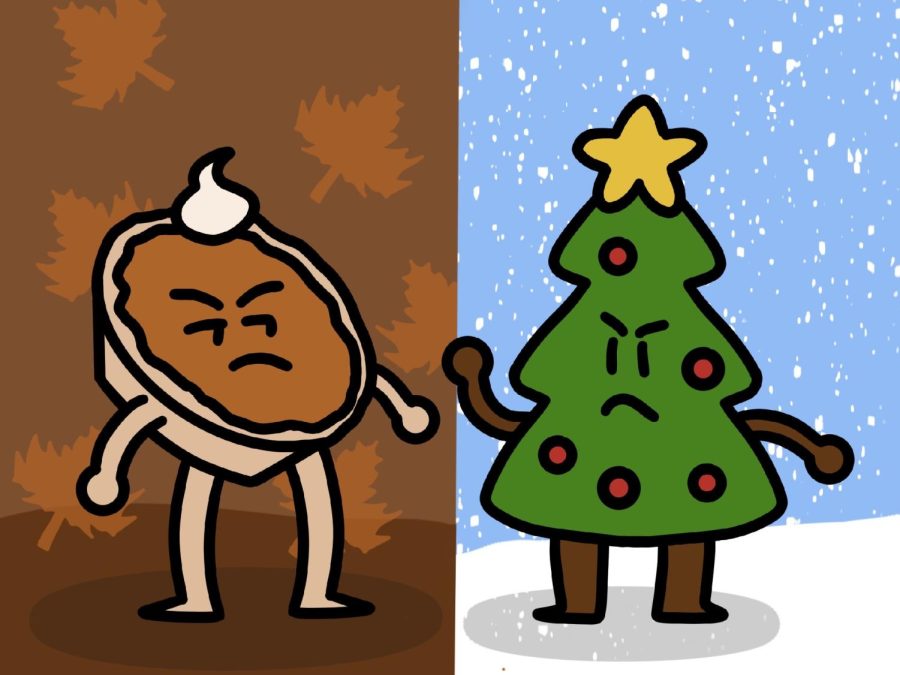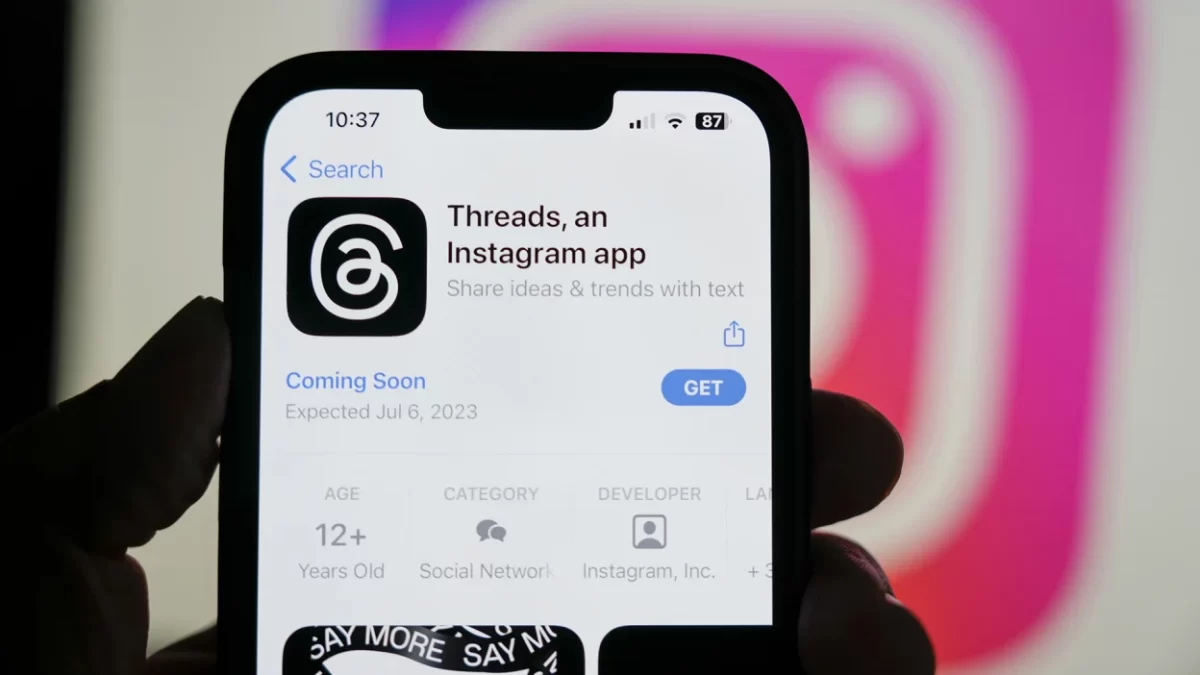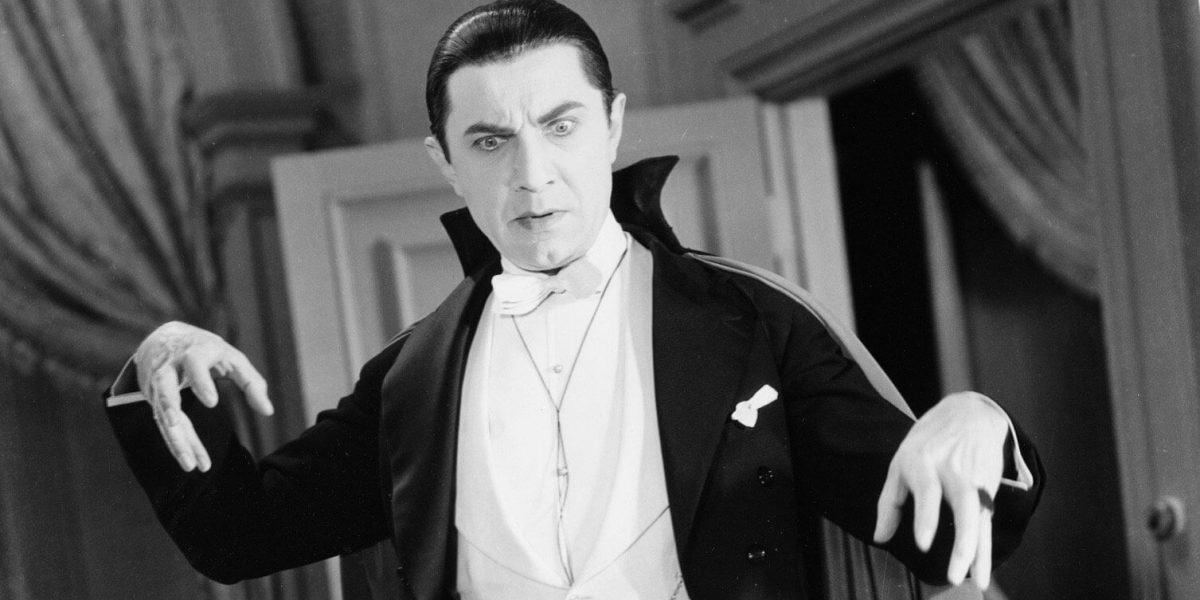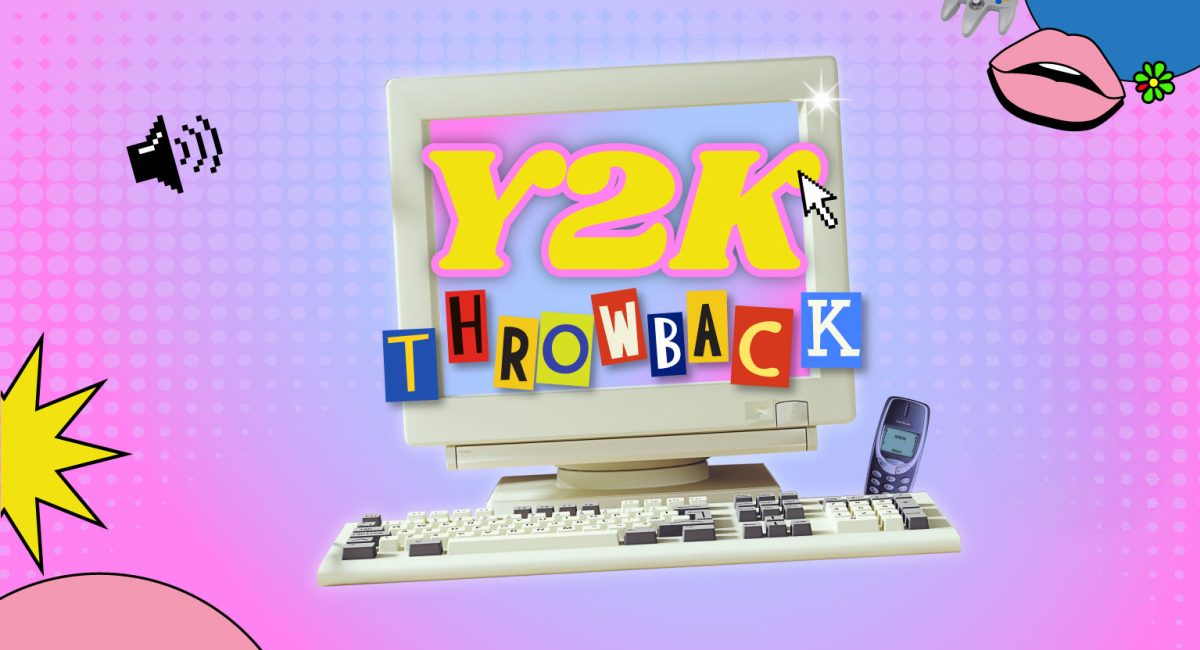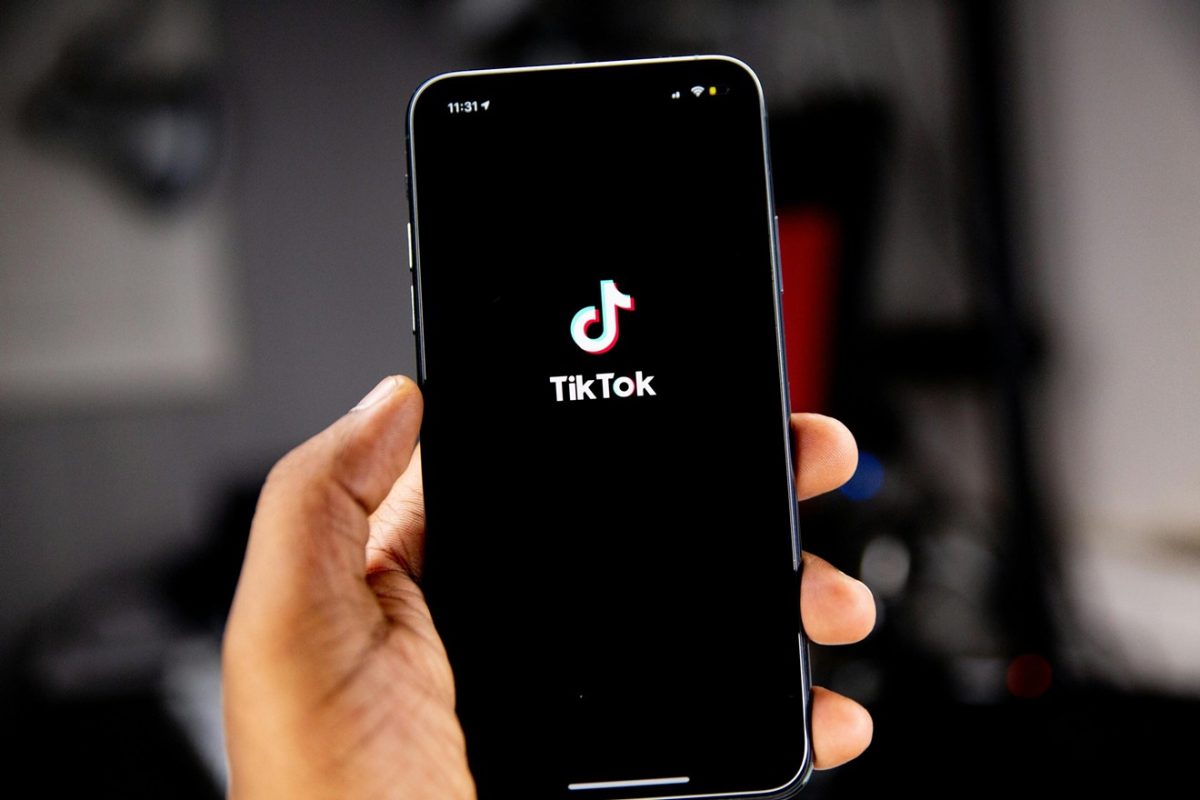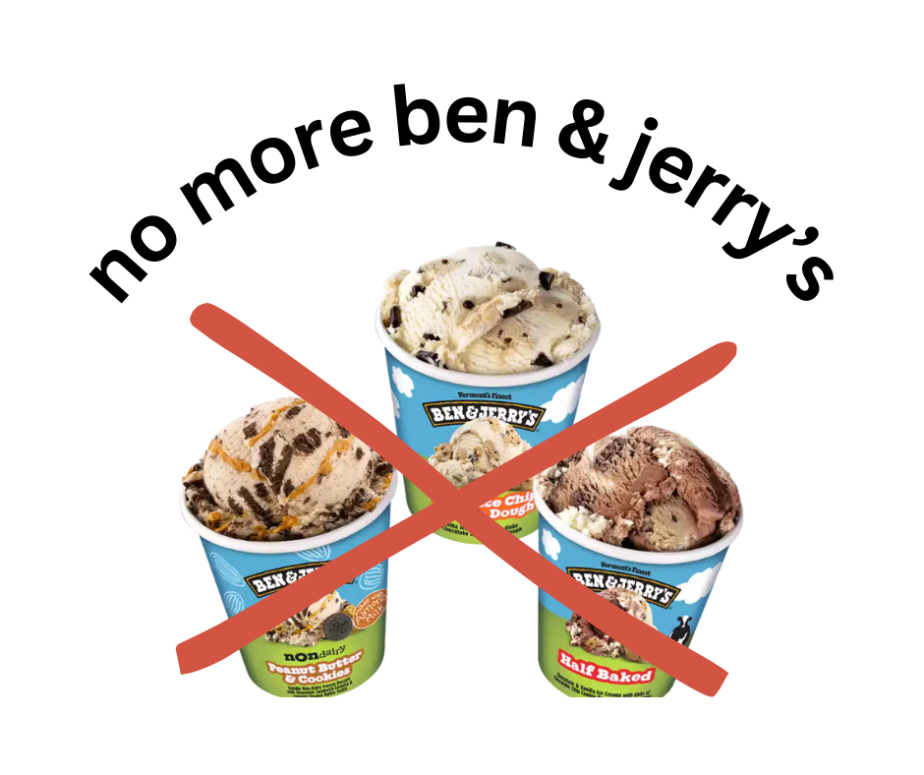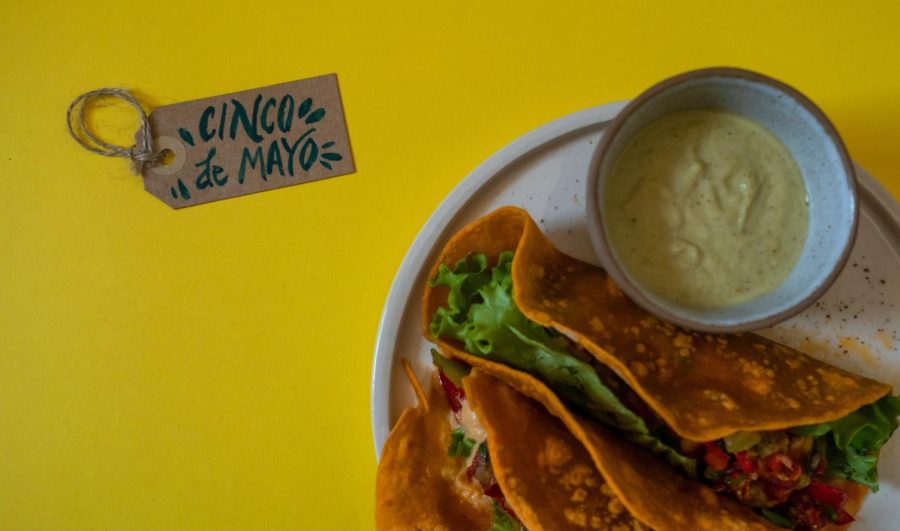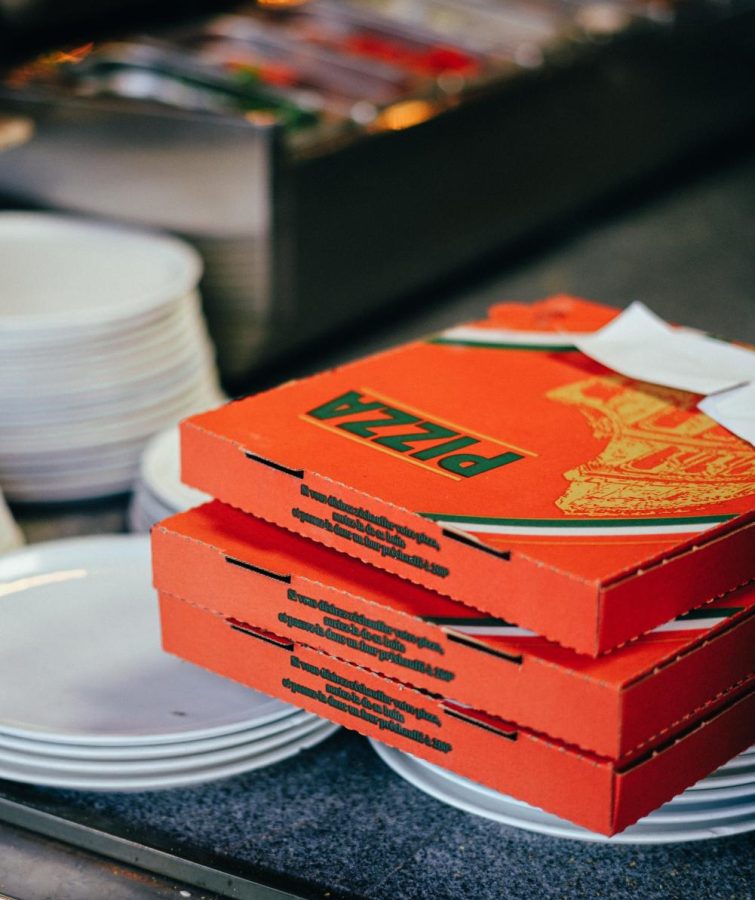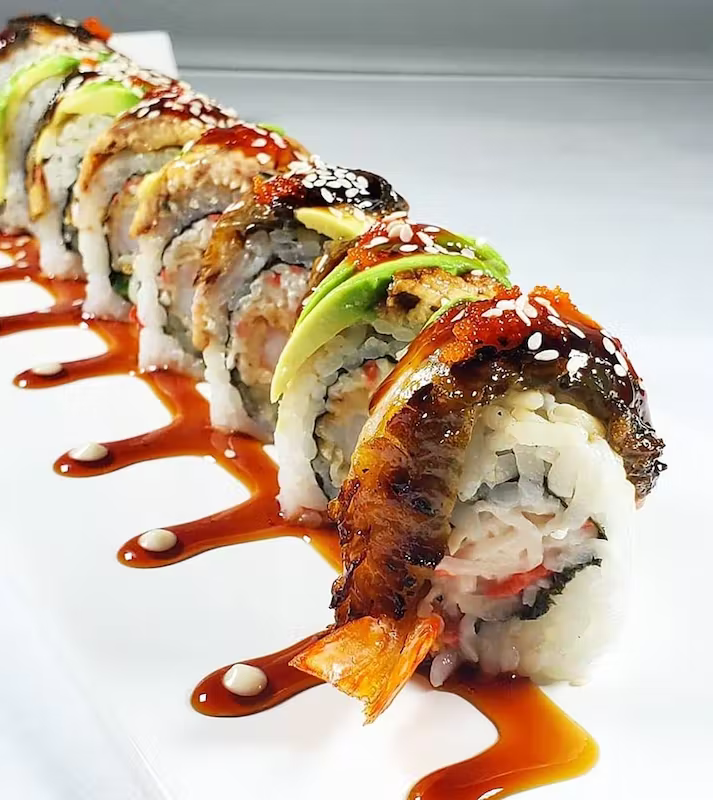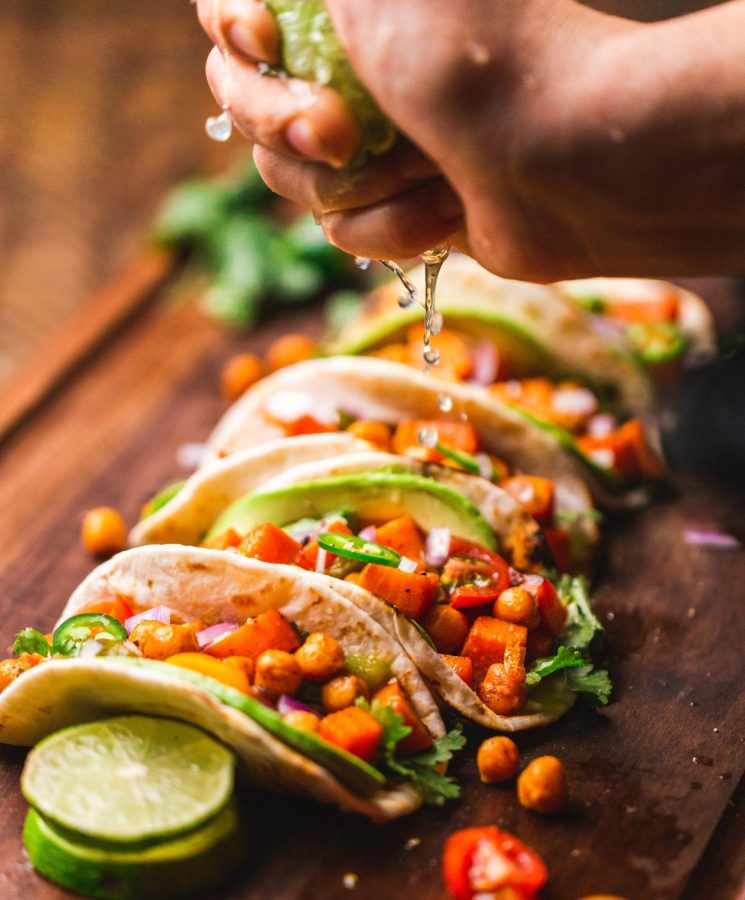TikTok’s more than 150 million U.S. users could soon have to find a new place for mukbang and cheese pulls.
U.S. lawmakers recently renewed efforts to crack down on the social media platform over national security concerns.
The Protecting Americans from Foreign Adversary Controlled Applications Act passed a House vote with wide bipartisan support on March 13.
The bill requires TikTok’s parent company, ByteDance, to sell the social media app or face a ban in the U.S. The House alleges that the app threatens user privacy. While the timeline is unclear, the bill will move to the Senate next. President Joe Biden says he will sign the proposed legislation if it reaches his desk.
But with this ban, we must consider the implications on restaurants who have gained enormous popularity and spikes in businesses as a result of TikTok marketing and what a ban means for them…

There’s no question that TikTok can drive trends and business for restaurants, particularly when videos get millions of views.
For many businesses, TikTok has been more than a marketing tool; it’s been a storytelling platform.
TikTok offers an easy way to share a restaurant’s three best online selling points: the sight of the food, the sound of the food, and the personality of the brand.
Beyond that, since TikTok primarily targeted younger audiences, it was a place where brands could be unabashedly fun.
Losing access to this channel means that restaurants around the nation will need to find new ways to market those qualities.
Many brands are hoping the U.S. Senate will vote against a ban on TikTok, calling the social media platform a key to their success, especially after the pandemic.
Mikey the Foodie Guy on TikTok, a creator with over 74,000 followers and 1.2 million likes, says: “I use my platform to support family-owned restaurants. I’ve done a lot videos where the restaurant was about to close, and now it has two or three locations.”
Willy’s Philly’s is one of those businesses that gained a lot of attention, thanks to Mikey sharing a food review. “We started noticing our business going up. It helped us,” said Wilson Tadros, the owner, “For a small business owner, it is a free message to connect with your customers.”

“A lot of people are trying to grow, a lot of people are just vendors,” said Tadros. “A lot of people that are just starting up, there’s no funds. The way things are going with inflation and cost of goods, this right here is basically free.”
“Without TikTok, without that kind of platform, honestly it would really be a big hit to small businesses,” said Mikey.
TikTok took to X (formerly Twitter) and said seven million small businesses would be affected by this ban. The social media platform said it’s hoping that the Senate will listen to their constituents — and realize the impact it could have on the economy.

Wes Denney, owner of Brown Dog’s Deli in Charleston, SC, says the ban is “absolutely devastating for me. It has been huge for us financially, it has put us on the map.”
He says the ban affects First Amendment rights because the app helps its users feel they have a voice.
“I mean, it literally changes lives. Financially, emotionally, I mean, you name it,” he says.
“It has been a great gift to anyone who uses this in a proper sense.”
The business had to expand as its popularity quickly grew from their videos.
“And I will say, the implications that we had, it made us an overnight sensation. I mean, literally, after our first viral video we were lined up down the street. I had to expand the kitchen twice. I had to double my staff up,” Denney says. “I had to rewrite the menu to make it a little faster or expedited kind of menu and we’ve come up with a lot of new tricks. These were good problems, but problems indeed.”
Many restaurants like theirs get their fame from TikTok and if it were to go away, new people wouldn’t find out about them anymore.
The potential TikTok ban presents both a challenge and an opportunity for the restaurant industry. The potential loss of TikTok could serve as a catalyst for innovation. One of TikTok’s greatest strengths was that it created and evolved trends. Losing it prompts opportunities for small businesses to diversify their marketing avenues onto other social media platforms, albeit not yet knowing to which platform TikTok users will migrate.














